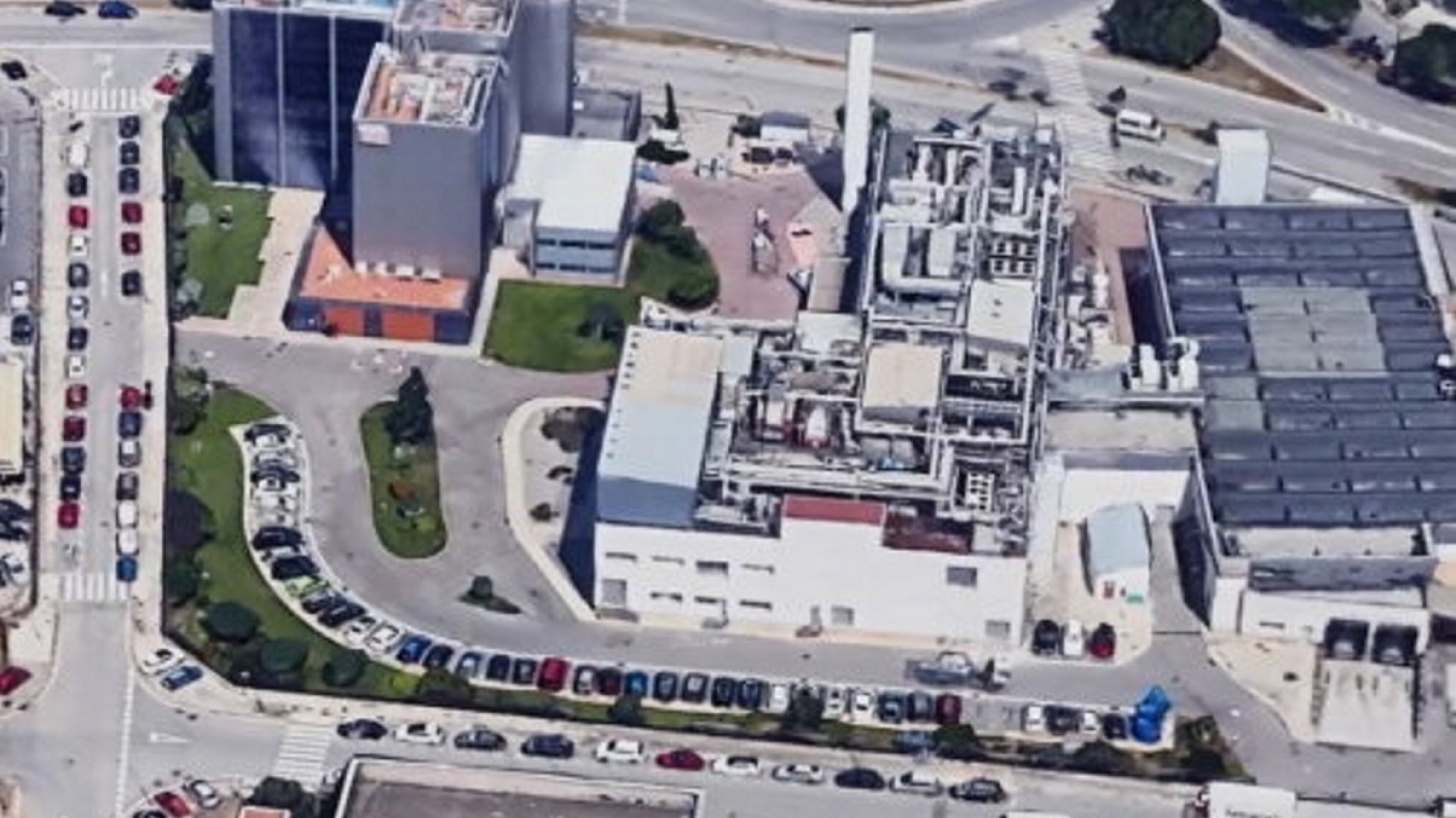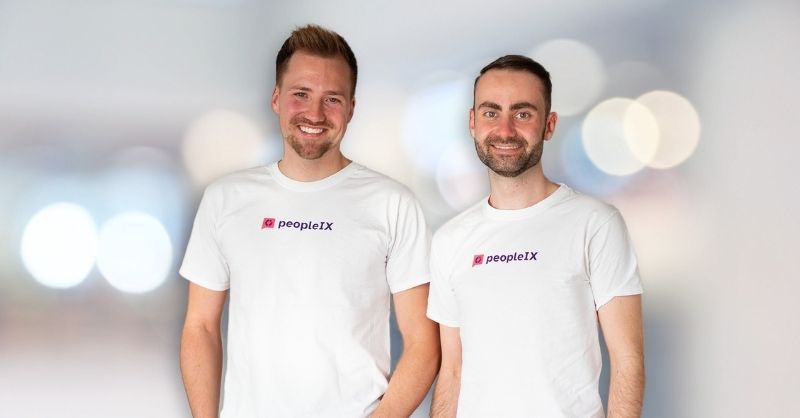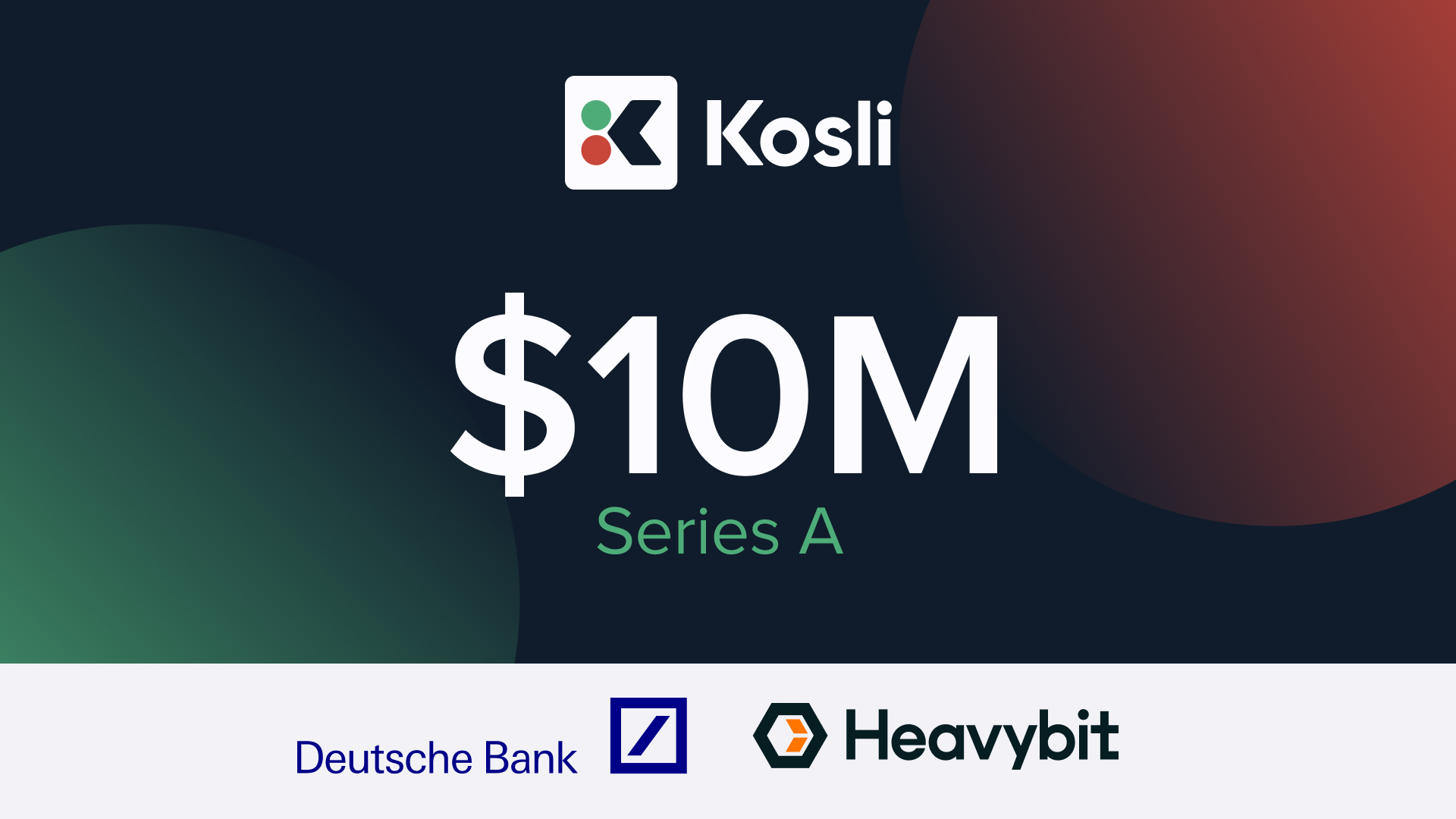Key Takeaways:
I. The complex generics market is experiencing robust growth, driven by factors such as patent expirations, rising healthcare costs, and an aging population.
II. Synthon's expertise in complex formulations, coupled with its robust manufacturing capabilities and regulatory track record, positions it as a key player in this market.
III. The acquisition reflects Goldman Sachs' strategic focus on high-growth sectors within healthcare, with potential implications for industry consolidation and competition.
Goldman Sachs Asset Management and BC Partners' agreement to acquire Synthon, a Dutch pharmaceutical company specializing in complex generics, for €2 billion marks a significant development in the pharmaceutical industry. This acquisition is not merely a financial transaction; it's a strategic bet on the future of complex generics, a segment poised for substantial growth. This move underscores the increasing importance of complex generics in addressing the global demand for affordable and accessible healthcare solutions. This article delves into the strategic rationale behind this acquisition, analyzing the market dynamics, Synthon's competitive advantages, the financial implications, and the potential risks and opportunities associated with this deal.
The Complex Generics Market: A Landscape of Growth and Opportunity
The complex generics market represents a distinct and rapidly expanding segment within the pharmaceutical industry. Unlike traditional generics, complex generics involve intricate formulations, sophisticated manufacturing processes, and stringent regulatory requirements. This complexity creates higher barriers to entry, leading to a less commoditized and more profitable market.
Several factors are driving the growth of the complex generics market. The expiration of patents on blockbuster biologics is creating significant opportunities for biosimilars and other complex generics. Rising healthcare costs are fueling the demand for more affordable alternatives to branded drugs. Furthermore, the aging global population, with its increasing prevalence of chronic diseases, is driving the need for a wider range of complex medications.
Technological advancements are playing a crucial role in shaping the complex generics landscape. Innovations in drug delivery systems, manufacturing processes, and analytical techniques are enabling the development of increasingly sophisticated and targeted therapies. These advancements are not only improving the efficacy and safety of complex generics but also reducing development costs and time-to-market.
The complex generics market offers significant investment opportunities, but it also presents unique challenges. Regulatory hurdles, pricing pressures, and competition from both established players and new entrants require careful consideration. Success in this market requires a deep understanding of the scientific, technical, and regulatory landscape, coupled with a long-term strategic vision.
Synthon: A Deep Dive into its Strengths and Potential
Synthon's competitive advantage lies in its deep expertise in the development and manufacturing of complex generics. The company has a proven track record of successfully bringing complex formulations to market, demonstrating its scientific capabilities and regulatory mastery. Its focus on specific therapeutic areas, such as [mention specific areas], allows it to develop specialized expertise and build strong relationships with healthcare providers.
Synthon's robust manufacturing infrastructure is a key asset. Its state-of-the-art facilities, coupled with stringent quality control processes, ensure the consistent production of high-quality complex generics. This manufacturing prowess enables Synthon to meet the stringent regulatory requirements and maintain a reliable supply chain, crucial for success in this demanding market.
Synthon's regulatory expertise is another critical advantage. Navigating the complex regulatory pathways for complex generics requires a deep understanding of the scientific and legal requirements. Synthon's proven ability to secure regulatory approvals demonstrates its mastery of this process, enabling it to bring products to market efficiently and effectively.
Synthon's competitive strengths, combined with its focus on innovation and customer relationships, position it for continued success in the complex generics market. The company's ability to adapt to evolving market dynamics and regulatory landscapes makes it a valuable asset for Goldman Sachs and a formidable competitor in the pharmaceutical industry.
Goldman Sachs' Pharmaceutical Strategy: A Calculated Investment
The acquisition of Synthon aligns perfectly with Goldman Sachs' broader strategy of investing in high-growth sectors with significant barriers to entry. The complex generics market fits this profile, offering attractive returns and long-term growth potential. Synthon's expertise and established market presence provide a solid foundation for Goldman Sachs to expand its footprint in this promising segment of the pharmaceutical industry.
This acquisition has broader implications for the pharmaceutical industry. It signals a growing trend towards consolidation in the complex generics market, as larger players seek to acquire specialized capabilities and expand their product portfolios. This could lead to increased competition, driving innovation and potentially lowering drug prices for patients. However, it also raises concerns about potential market concentration and its impact on access to essential medicines.
The Future of Complex Generics: Implications for Patients and the Industry
The acquisition of Synthon by Goldman Sachs and BC Partners represents a significant milestone in the evolution of the complex generics market. This strategic move underscores the growing importance of complex generics in meeting the global demand for affordable healthcare solutions. As the market continues to evolve, driven by scientific advancements, regulatory changes, and market dynamics, companies like Synthon, with their specialized expertise and robust manufacturing capabilities, will play a crucial role in shaping the future of the pharmaceutical industry. The long-term success of this acquisition will depend on navigating the complexities of this market, fostering innovation, and ultimately, delivering high-quality, cost-effective medicines that improve patient outcomes and enhance access to essential therapies.
----------
Further Reads
II. Specialty Generics Market Size, Share & Trends Report, 2030









